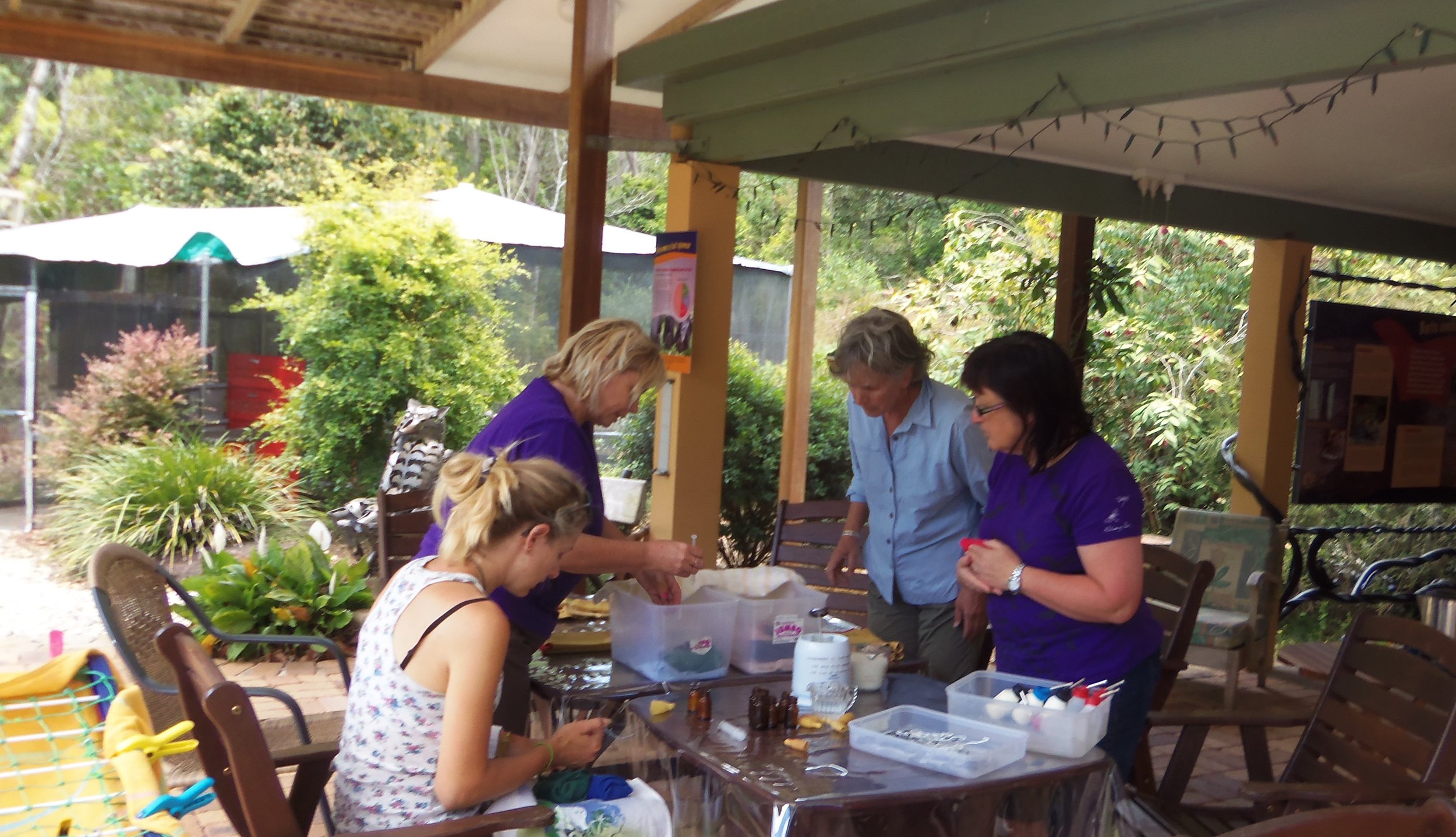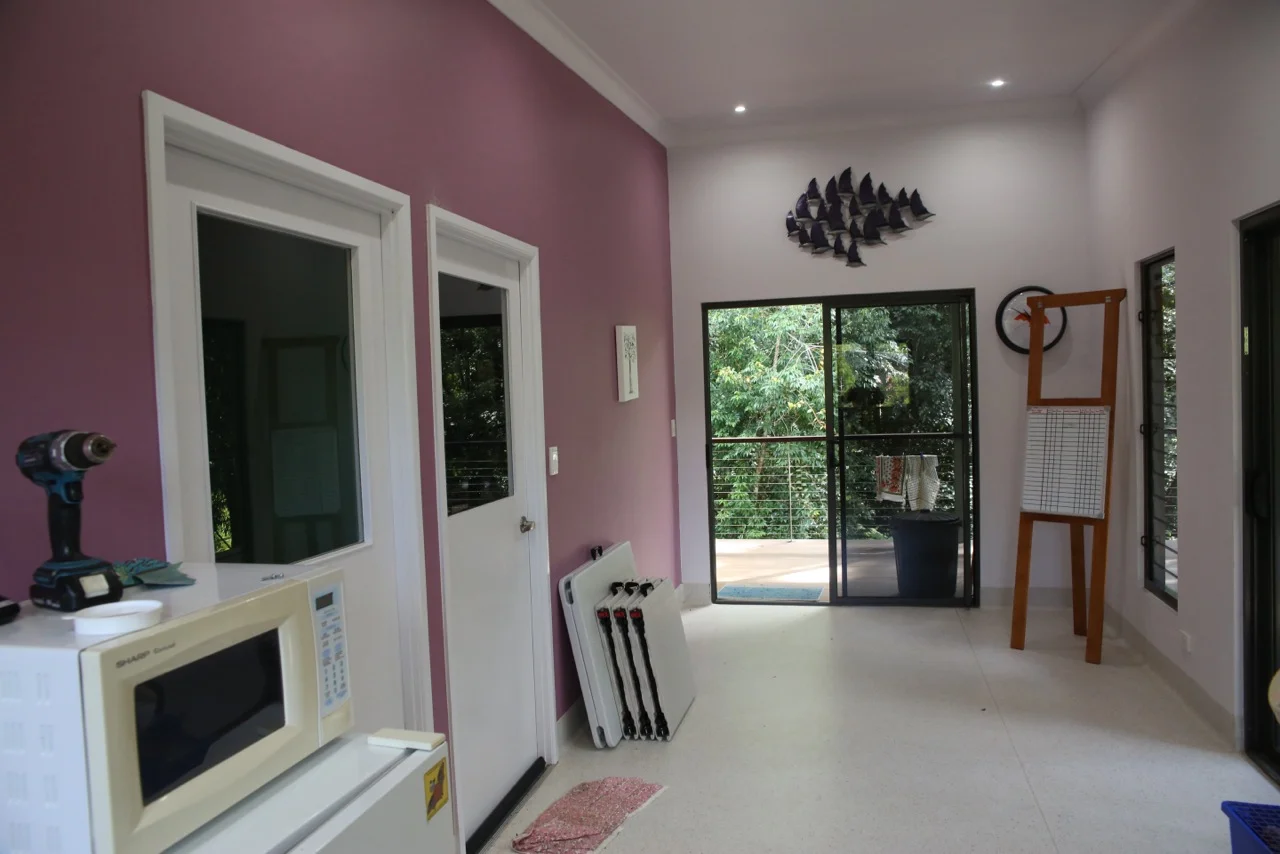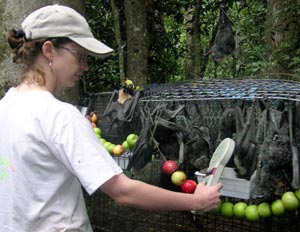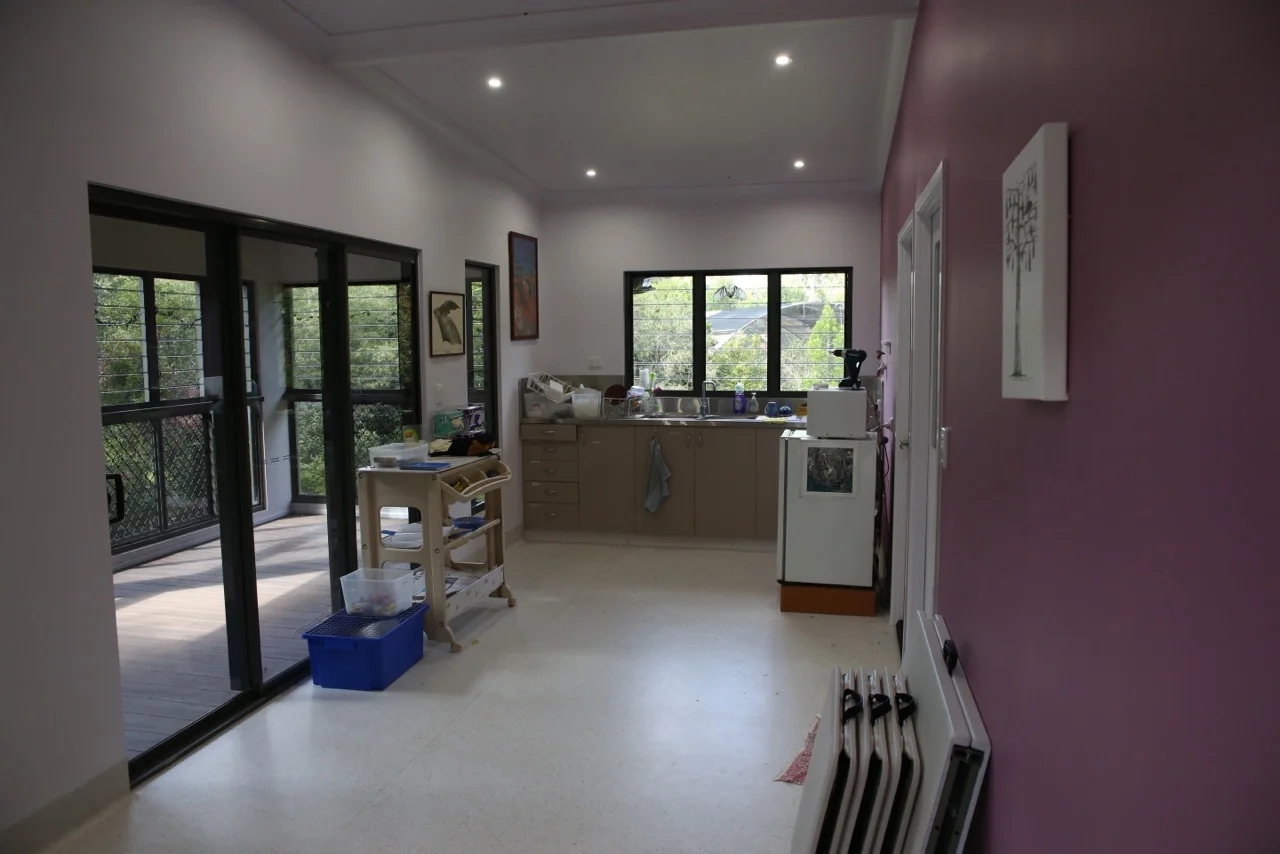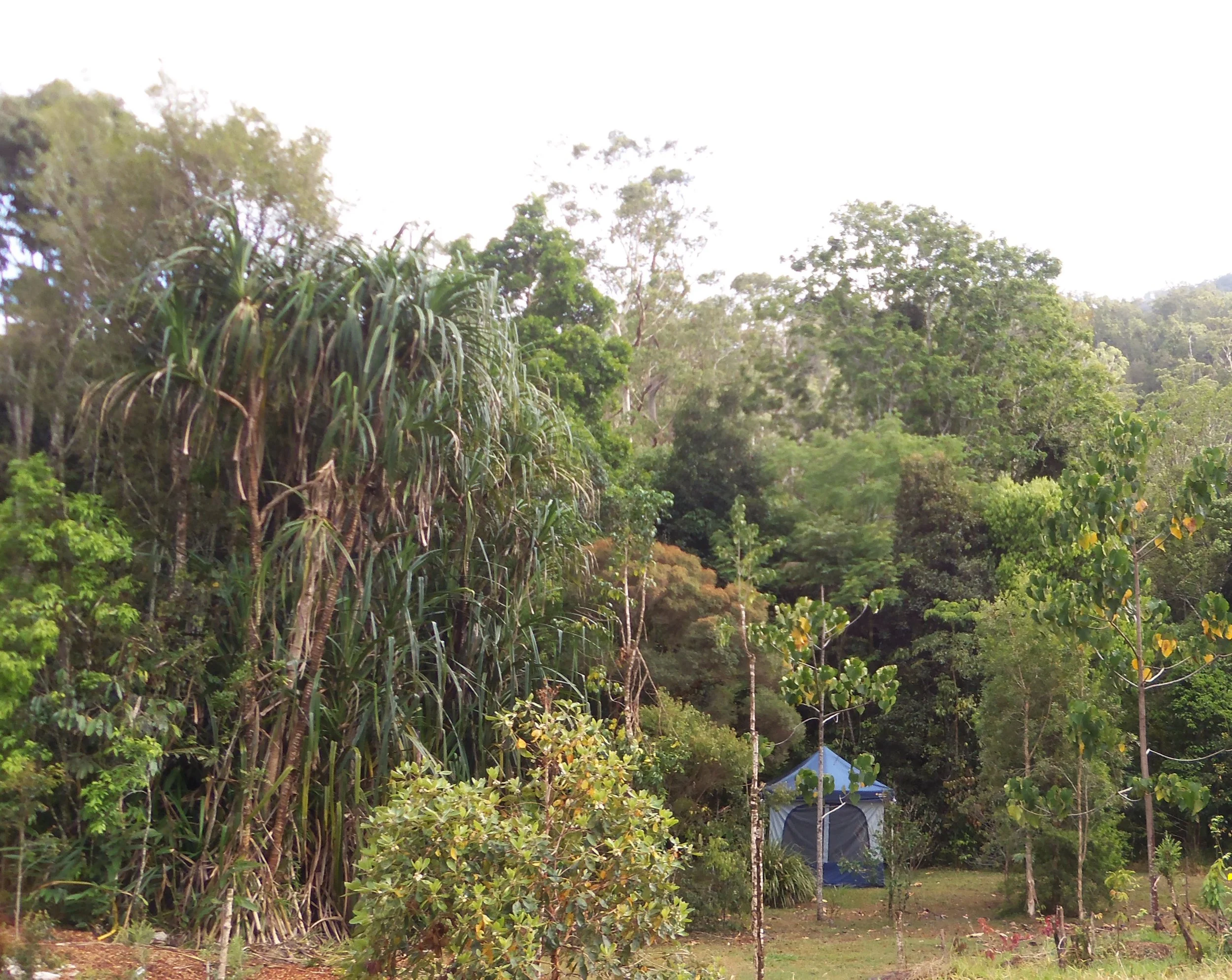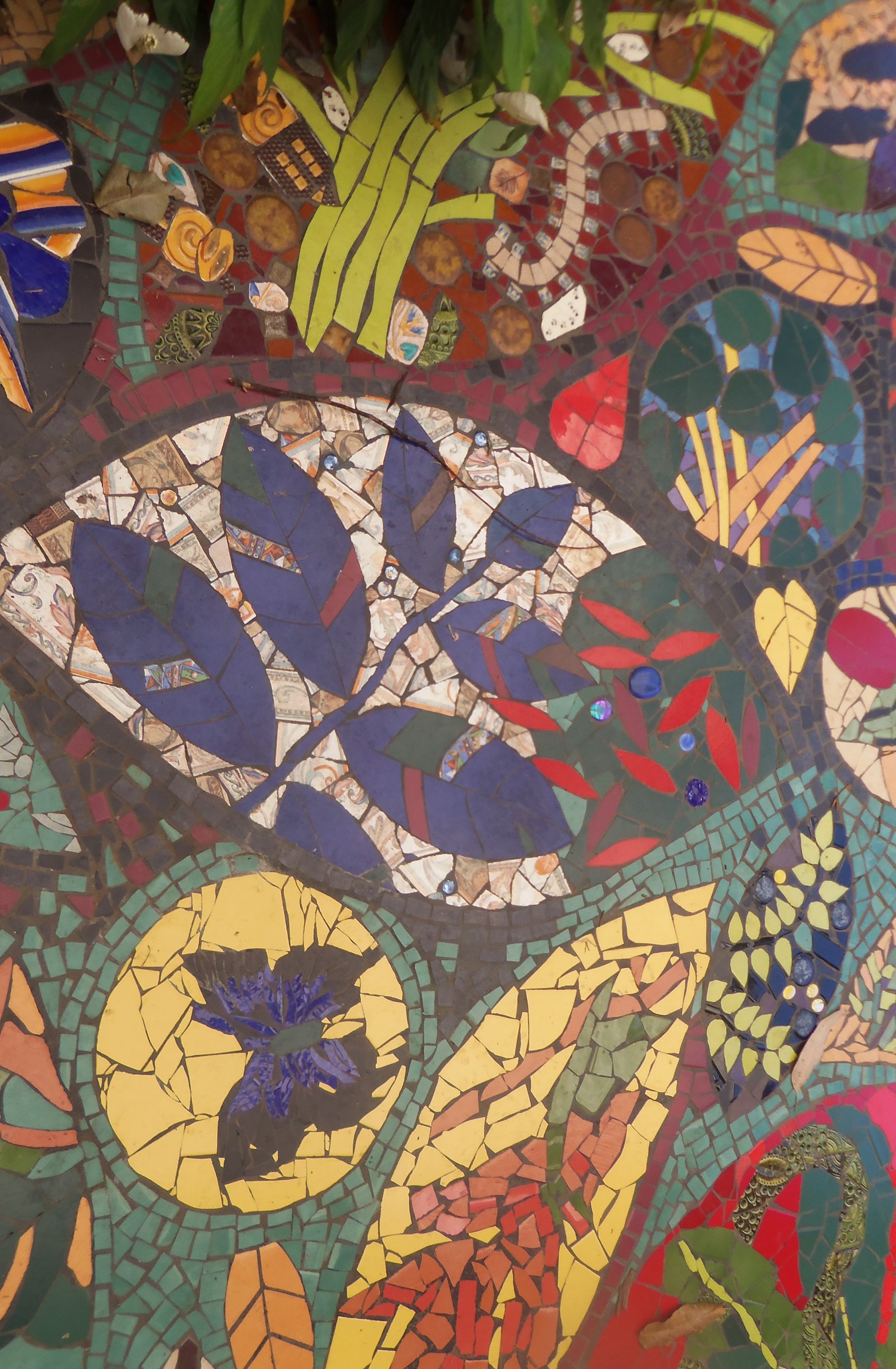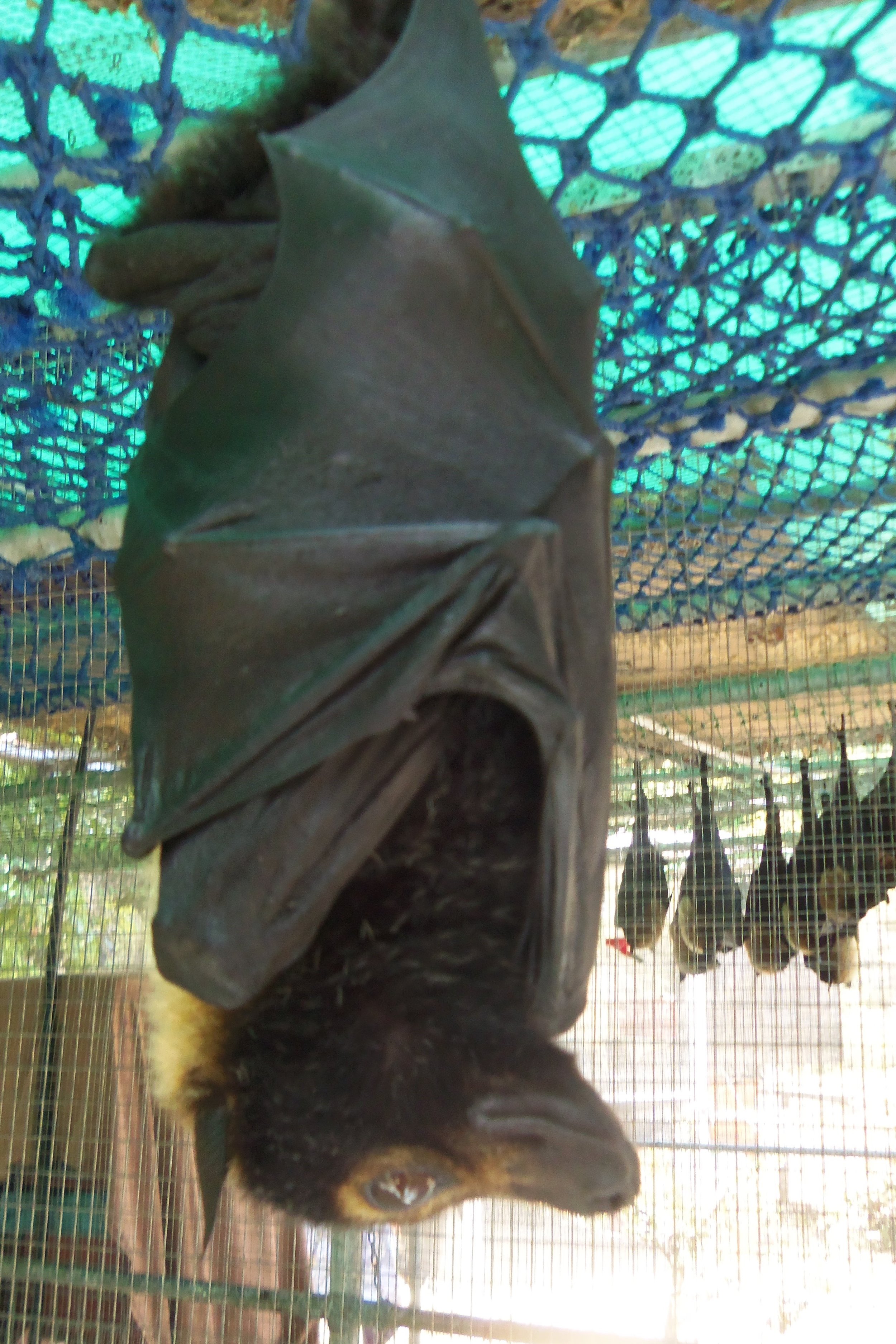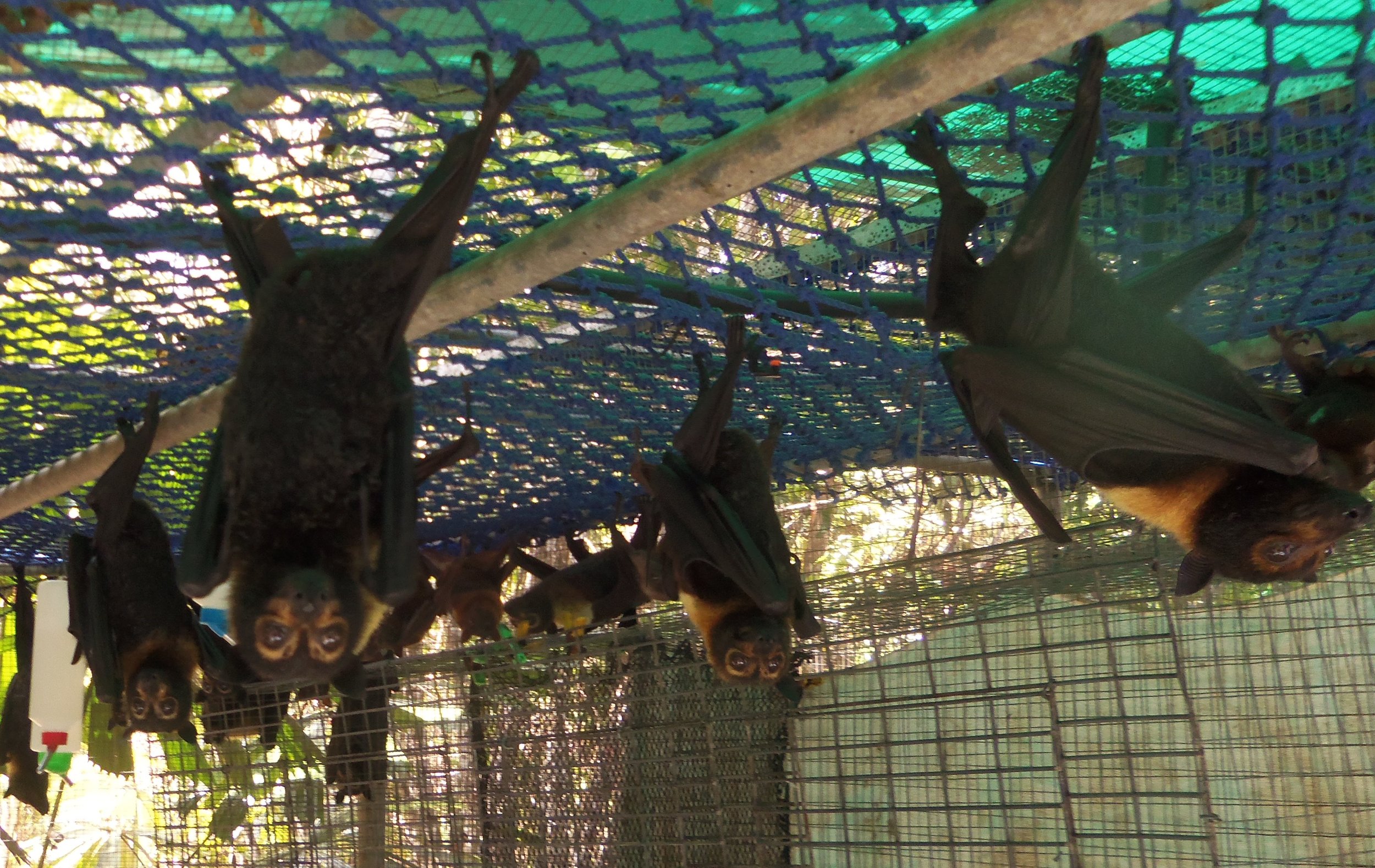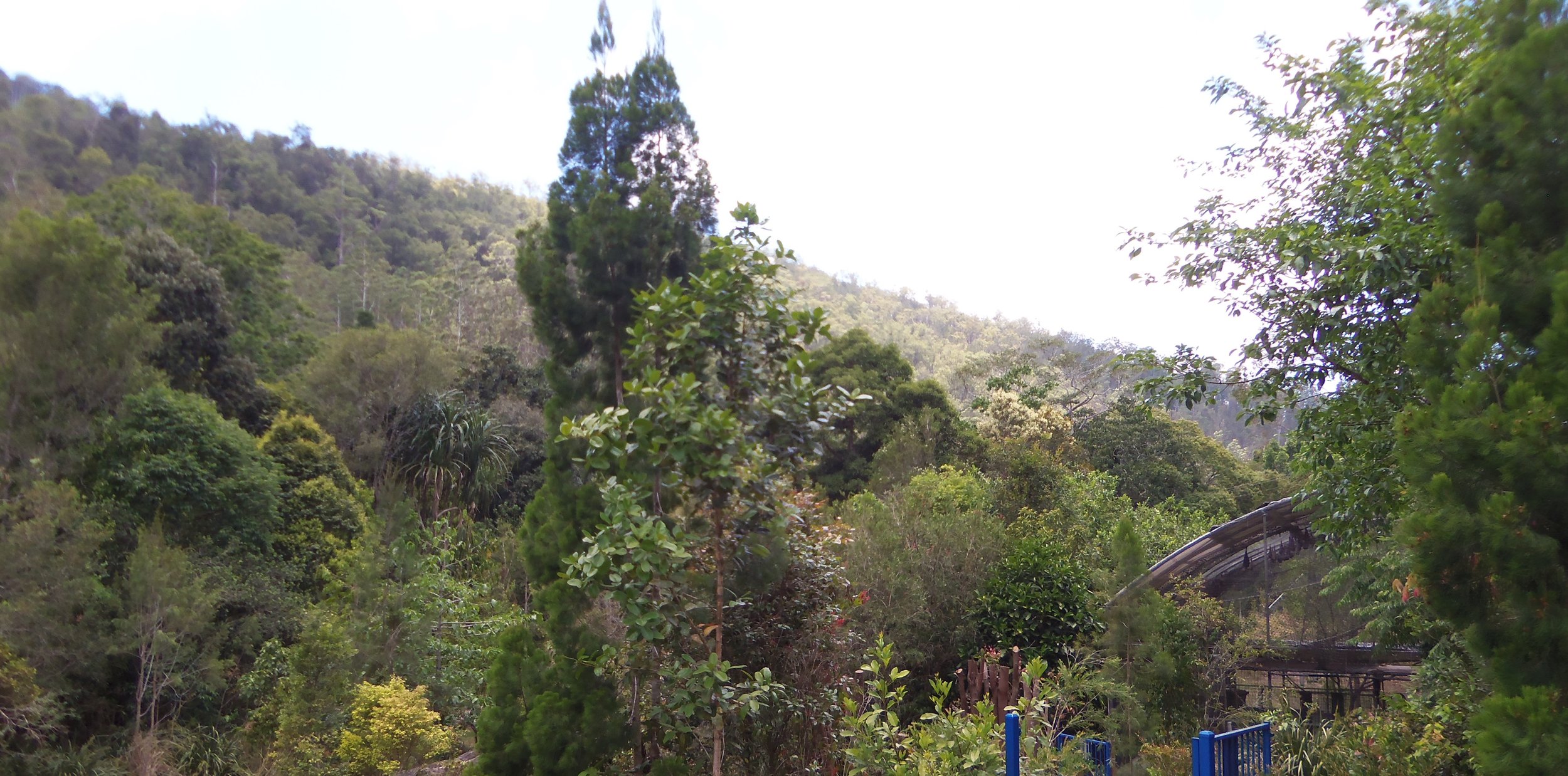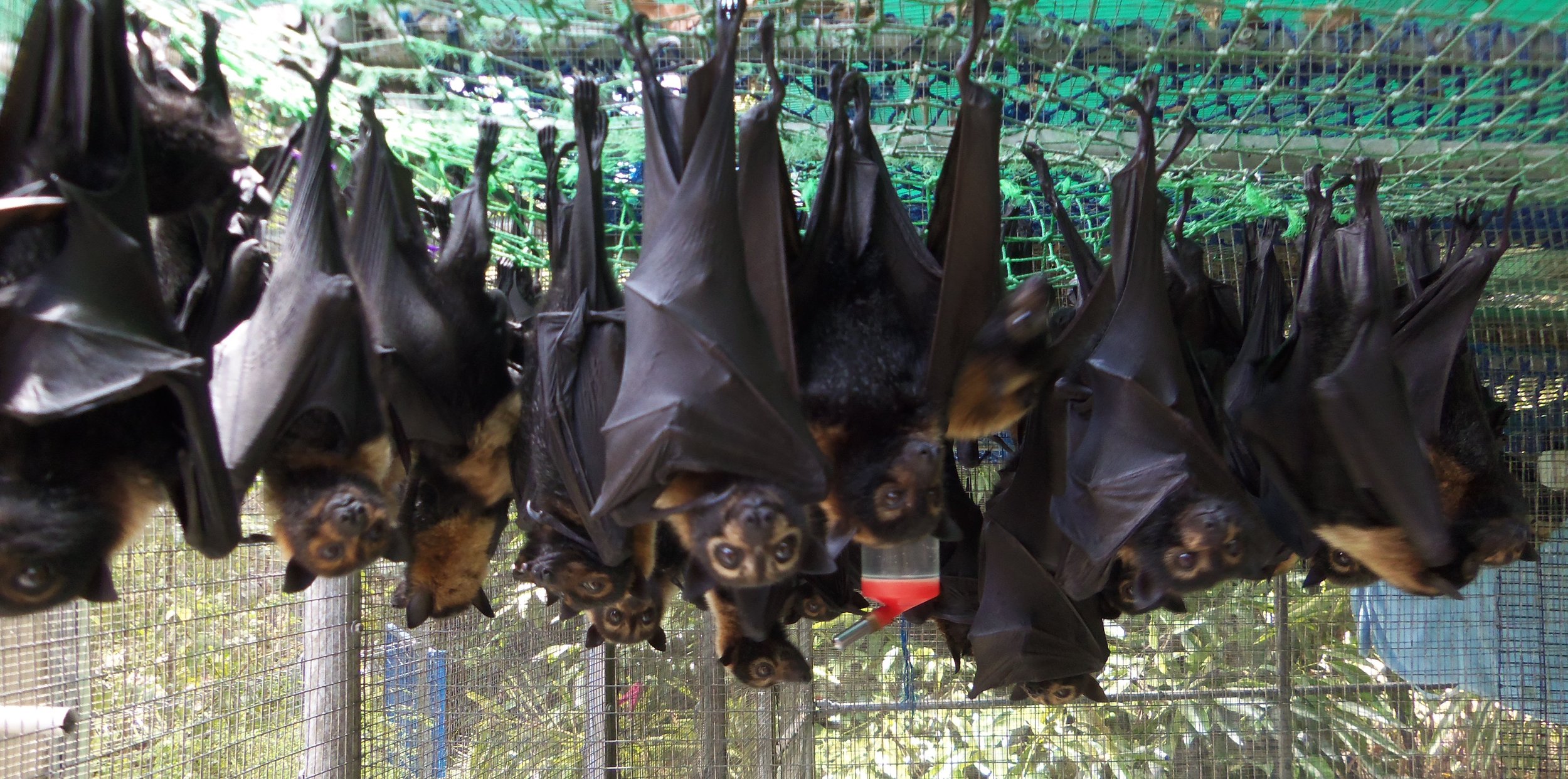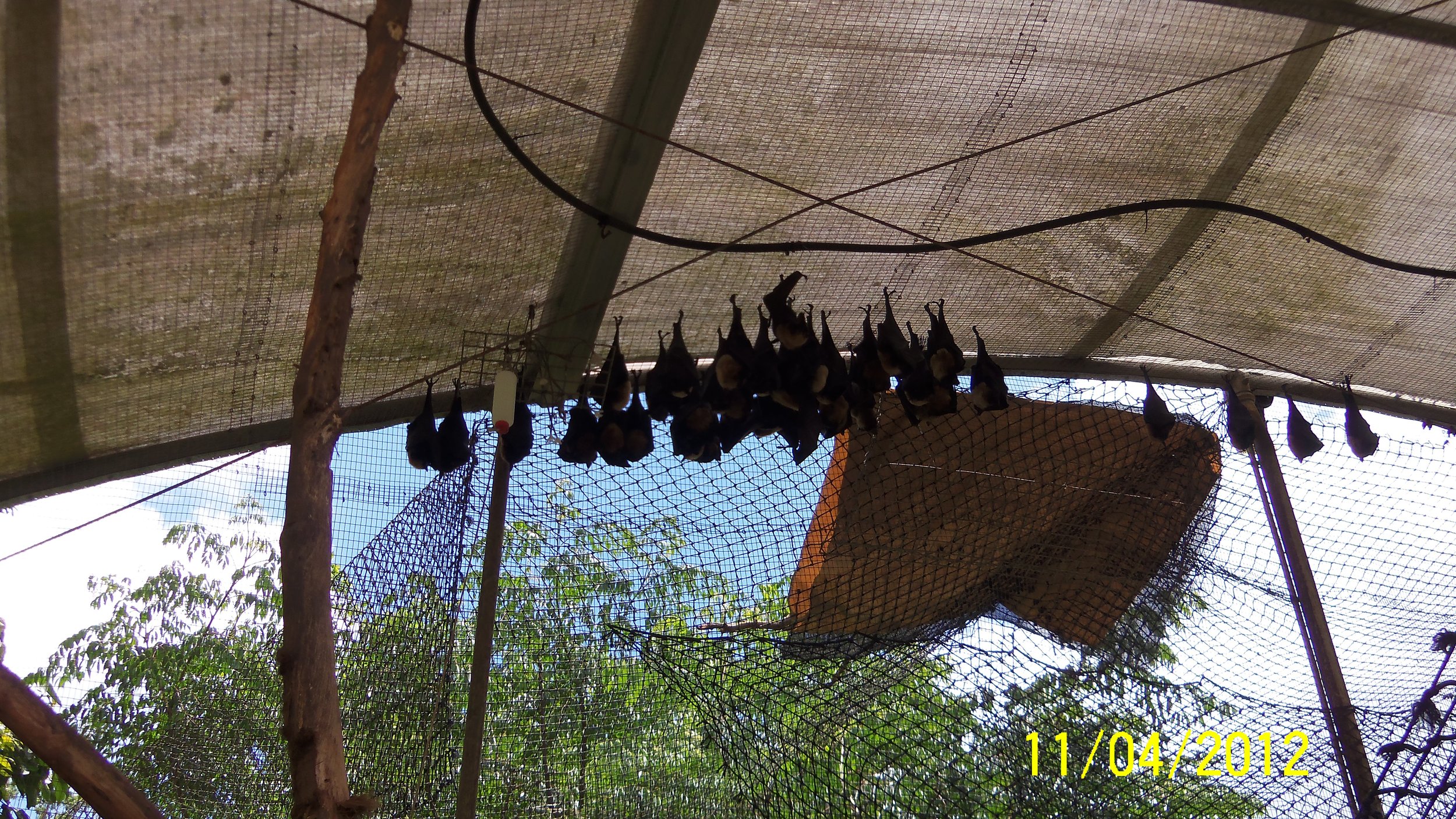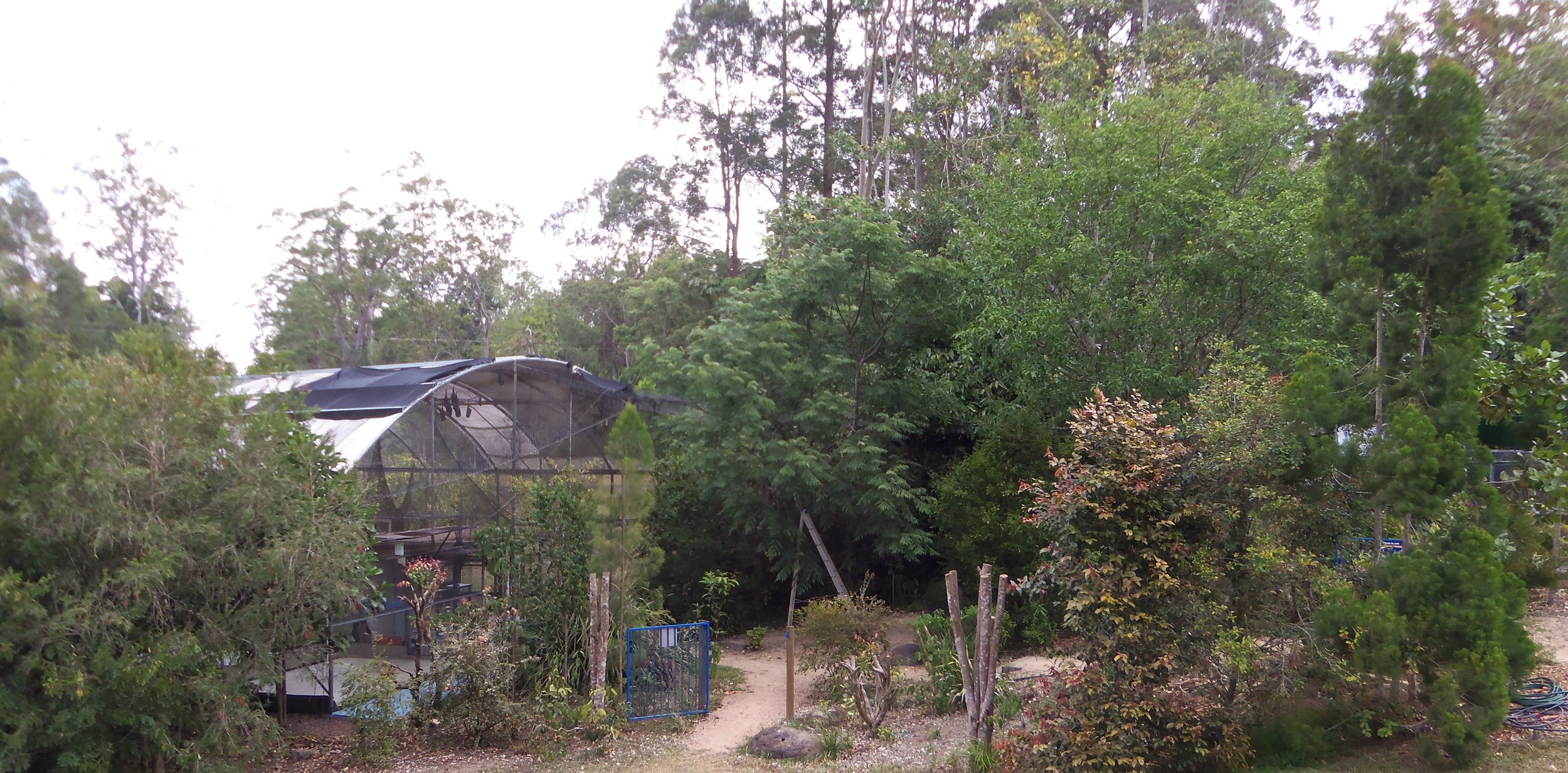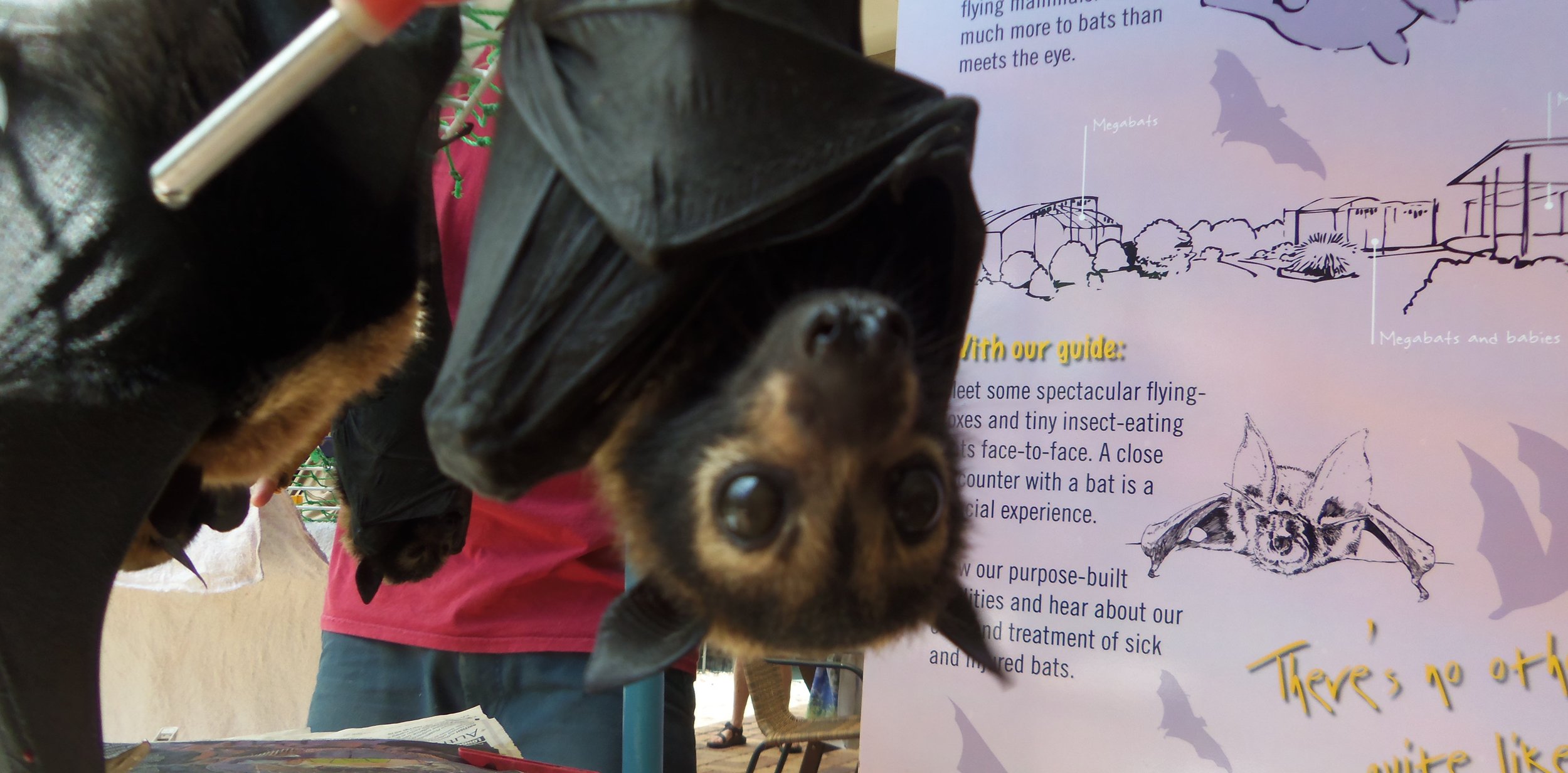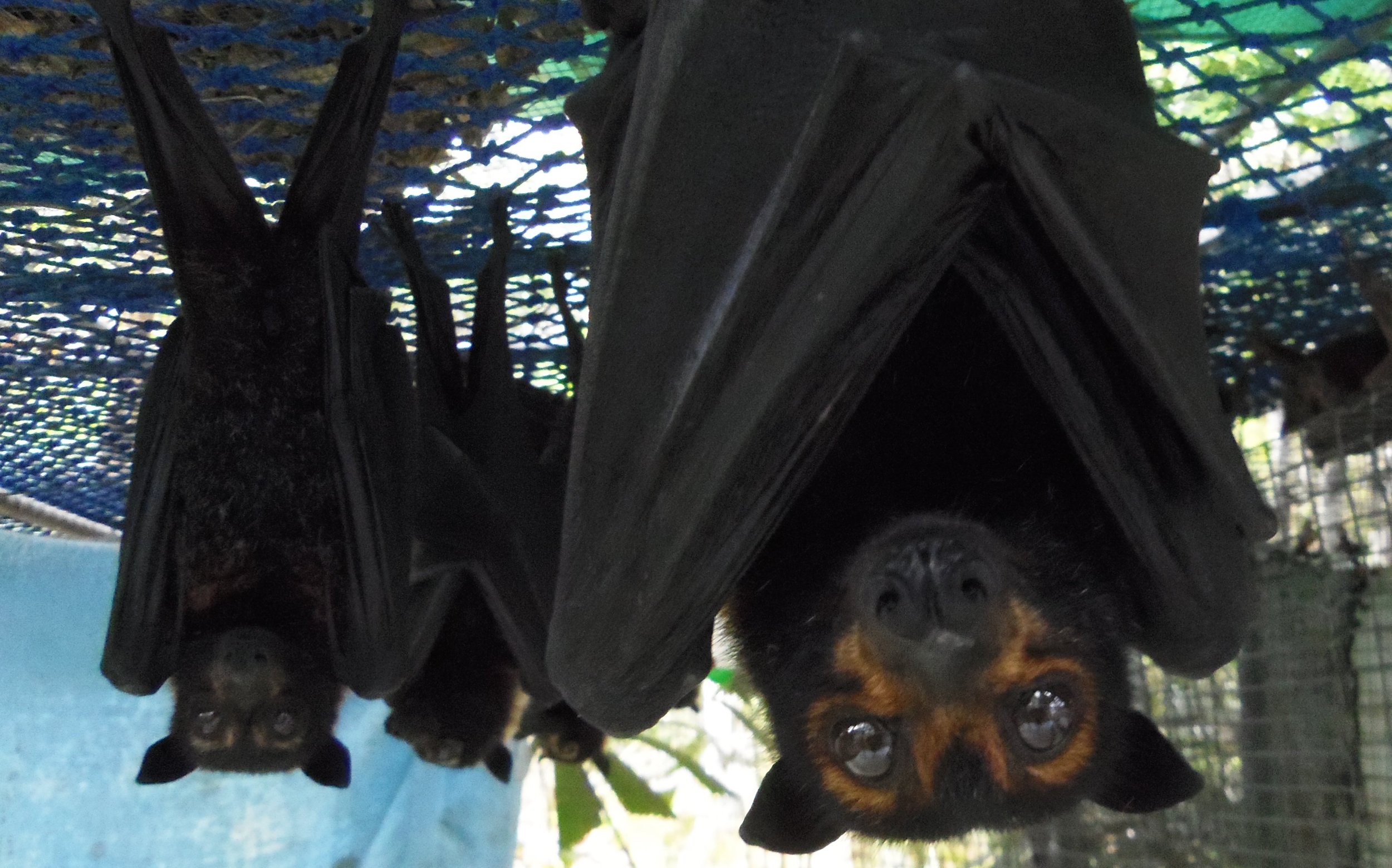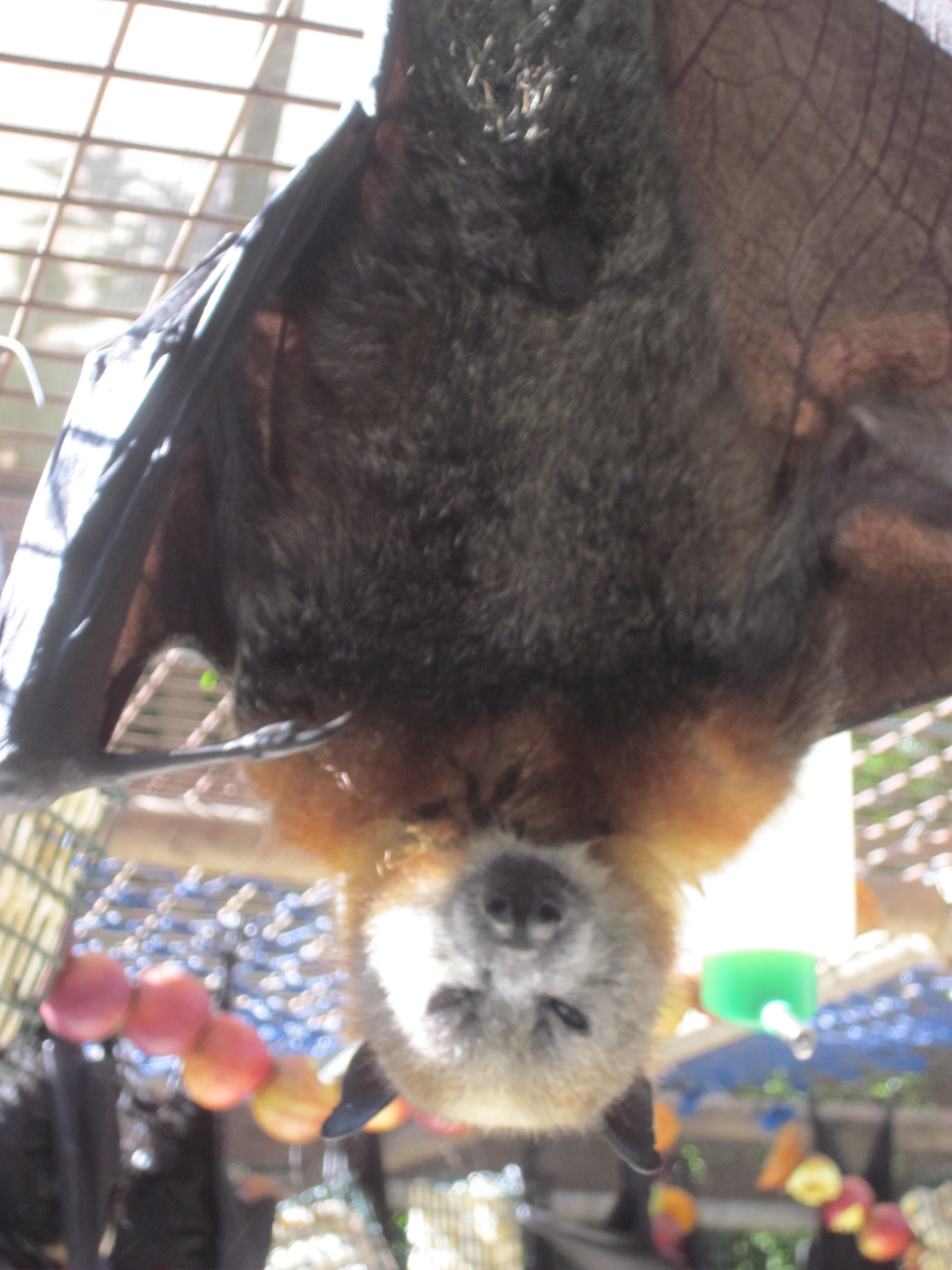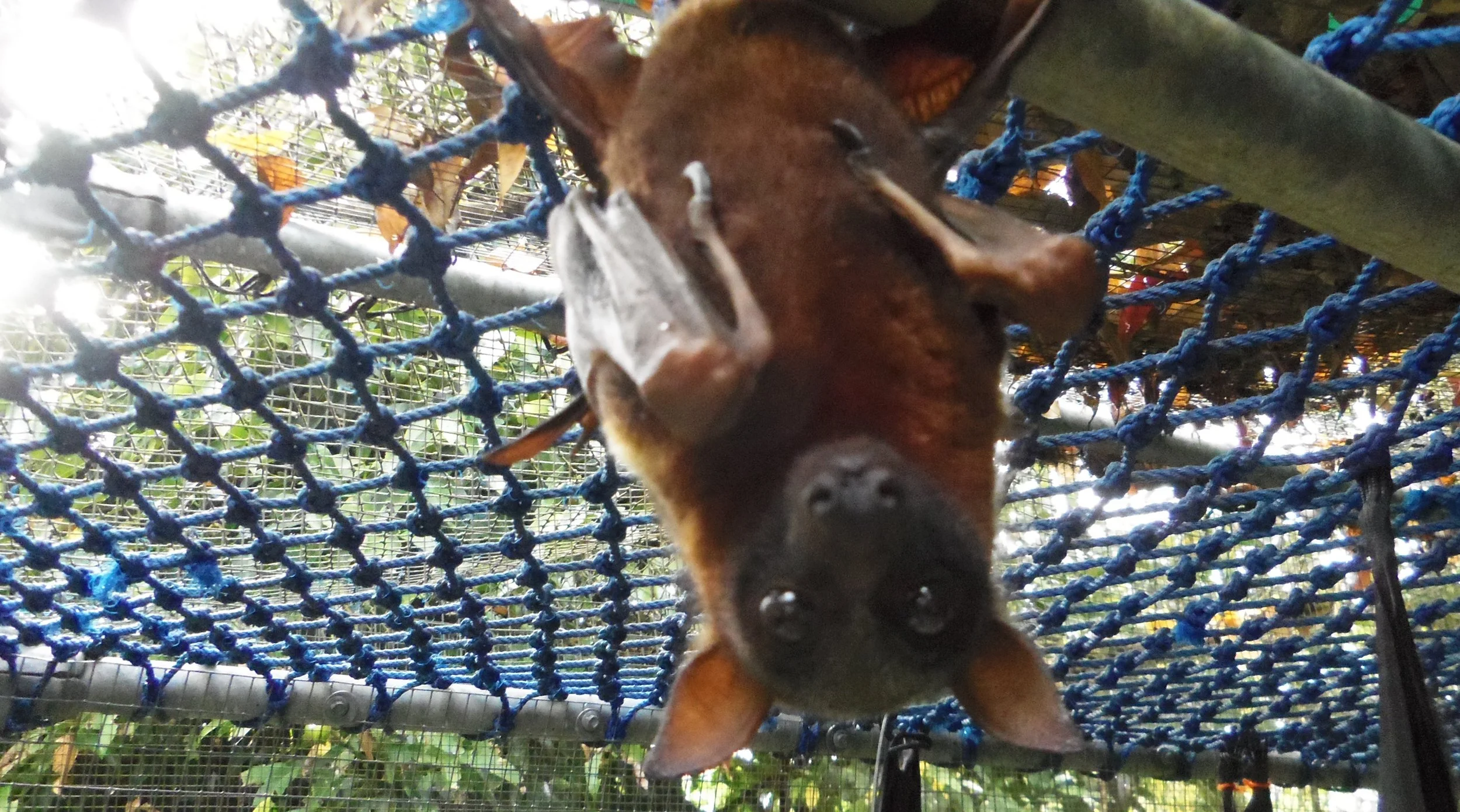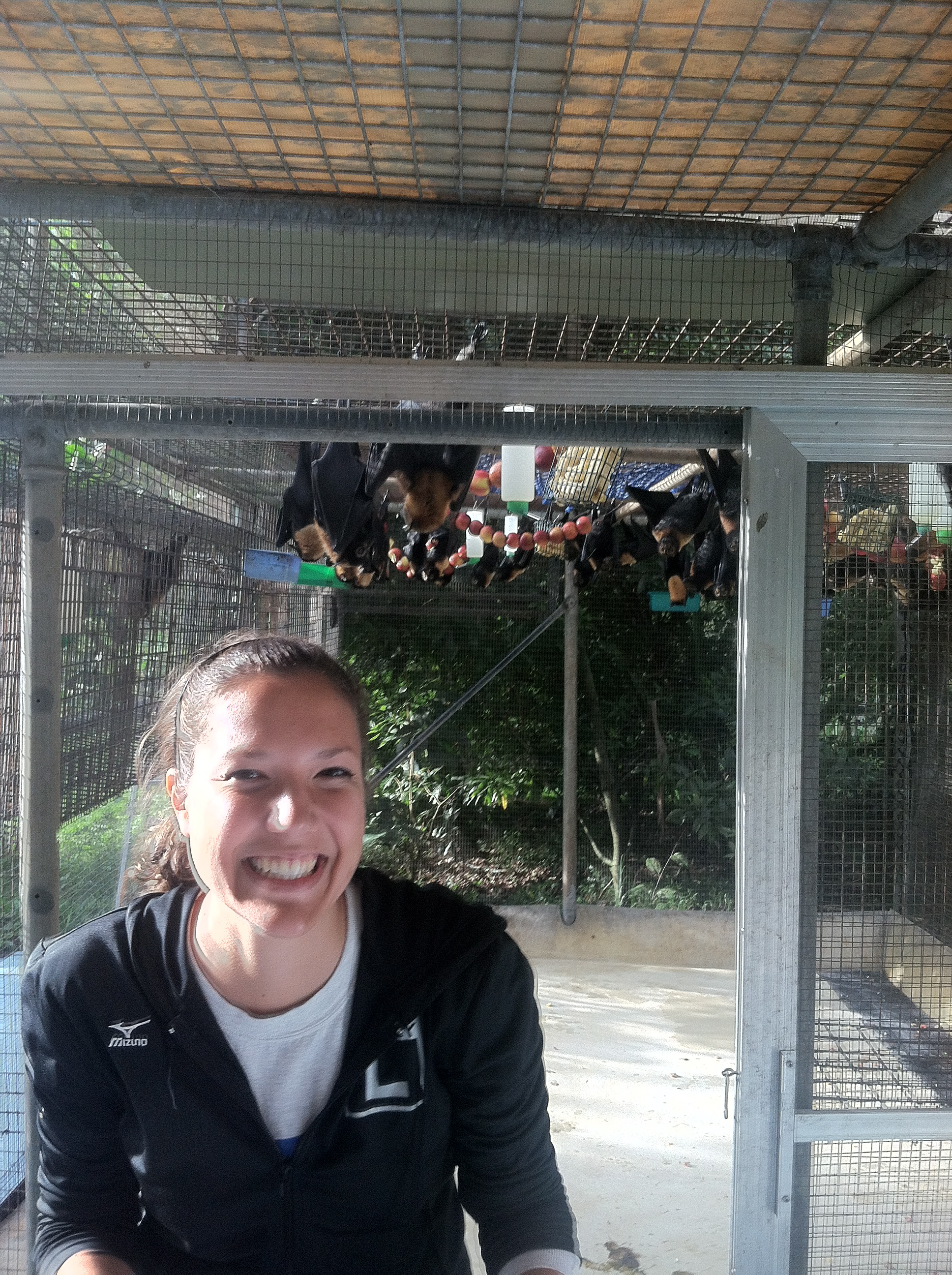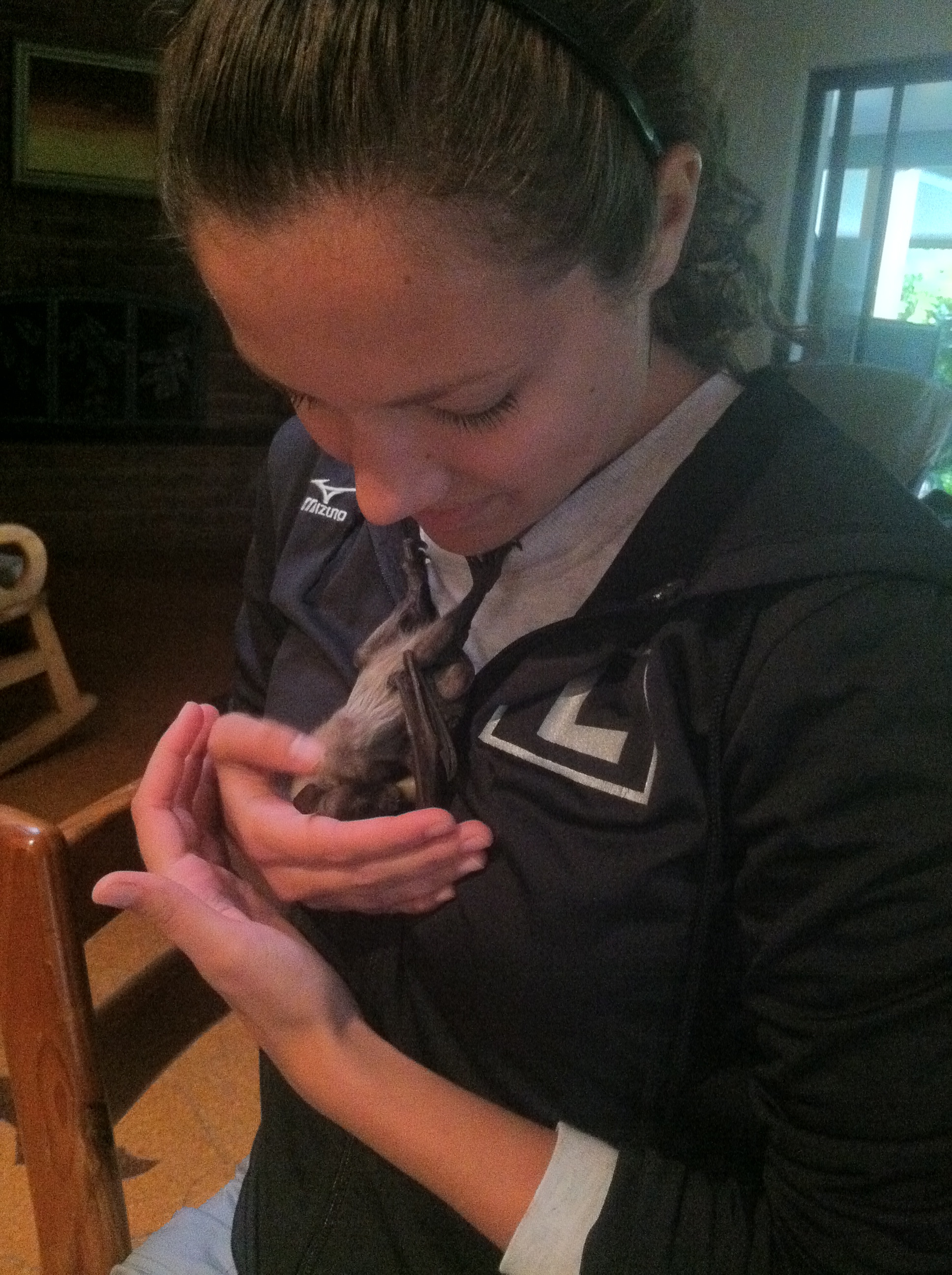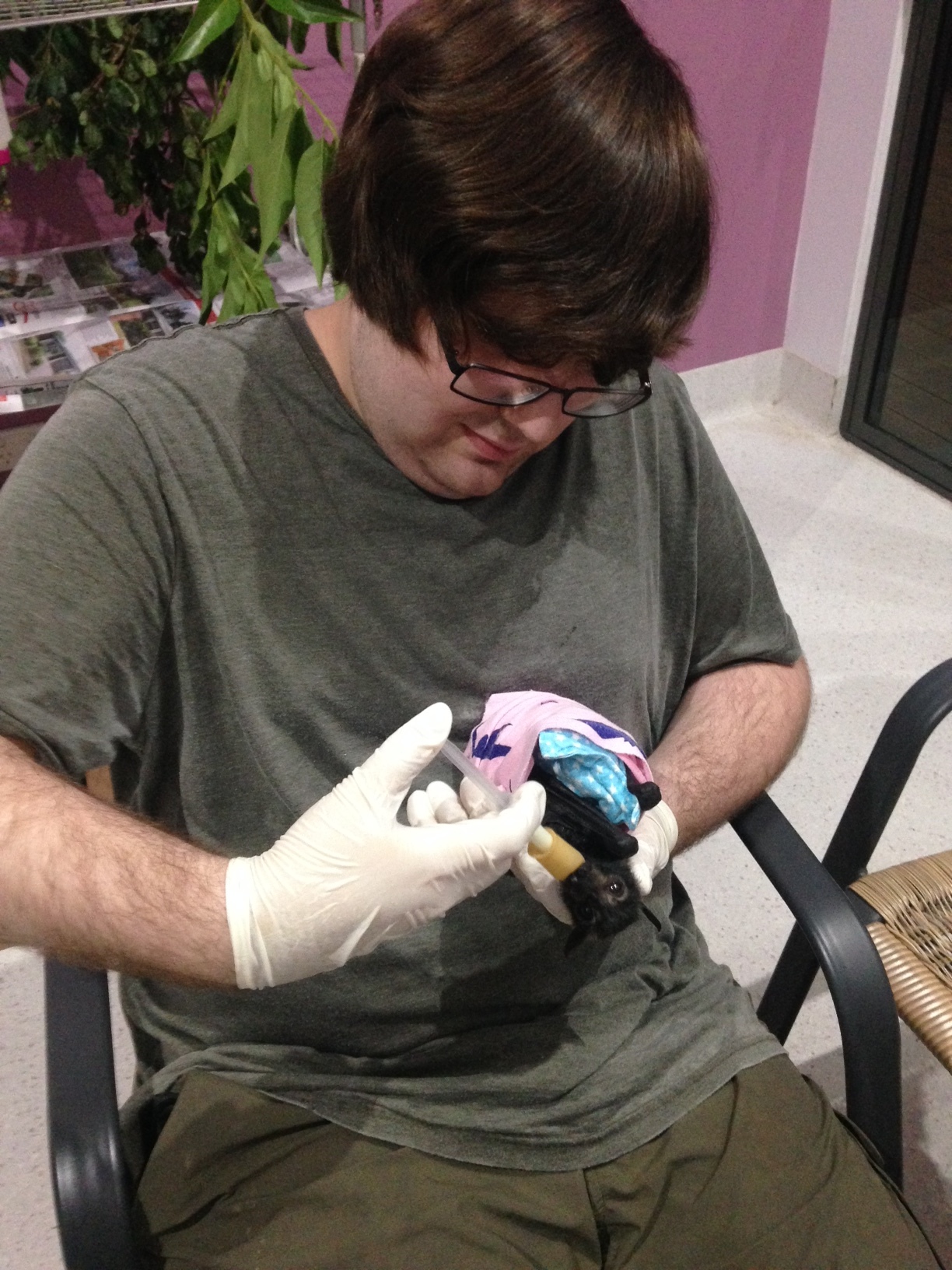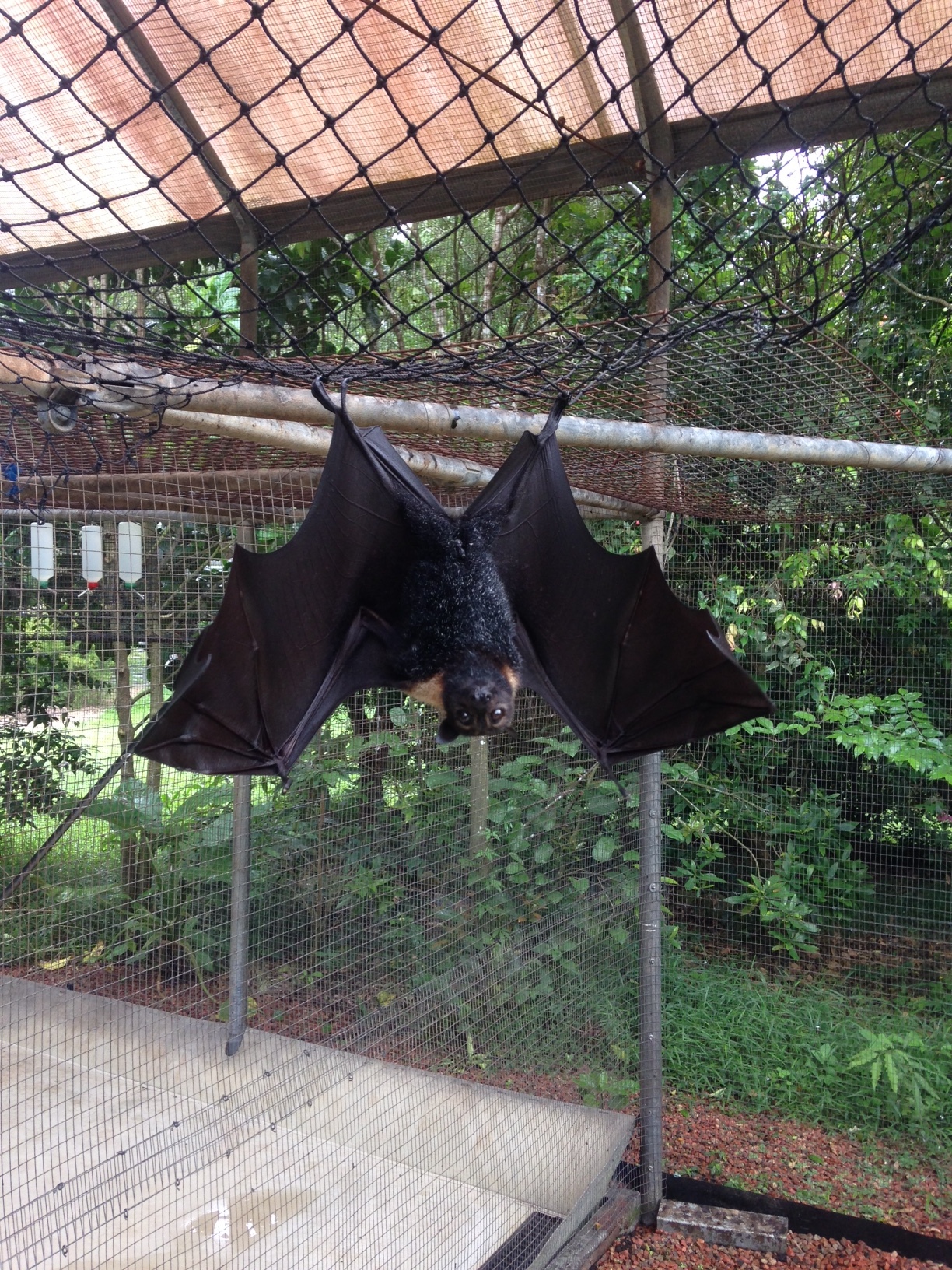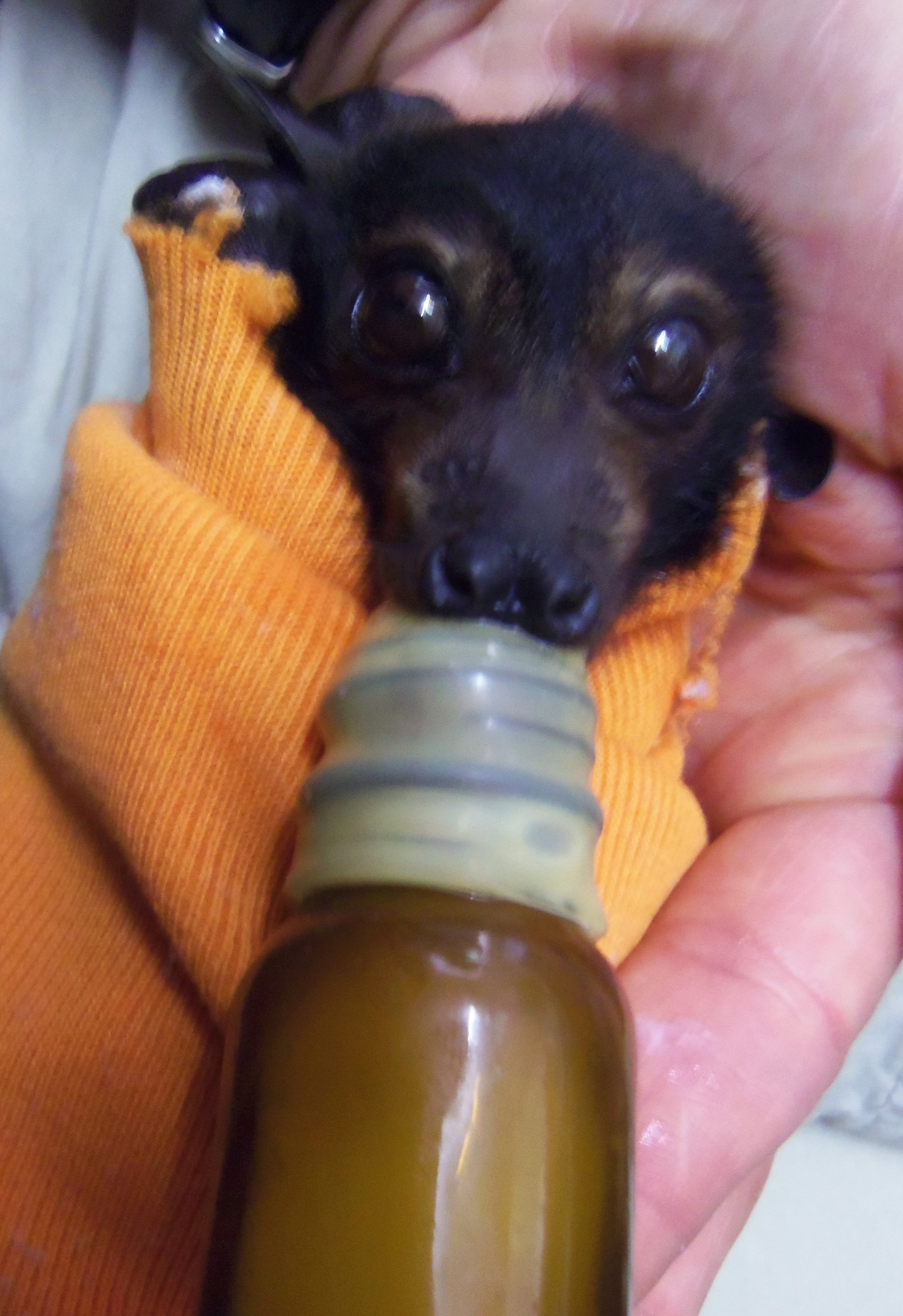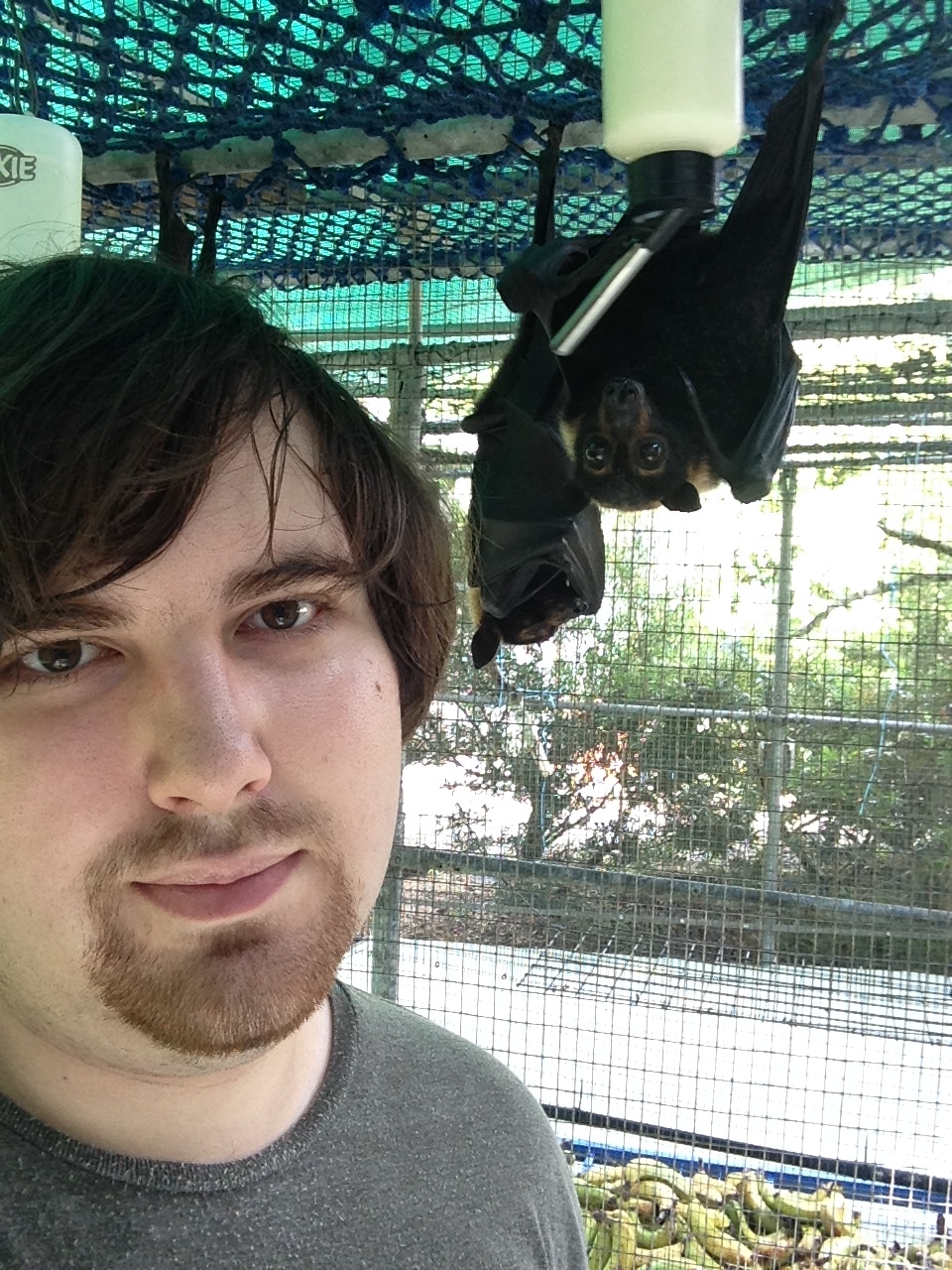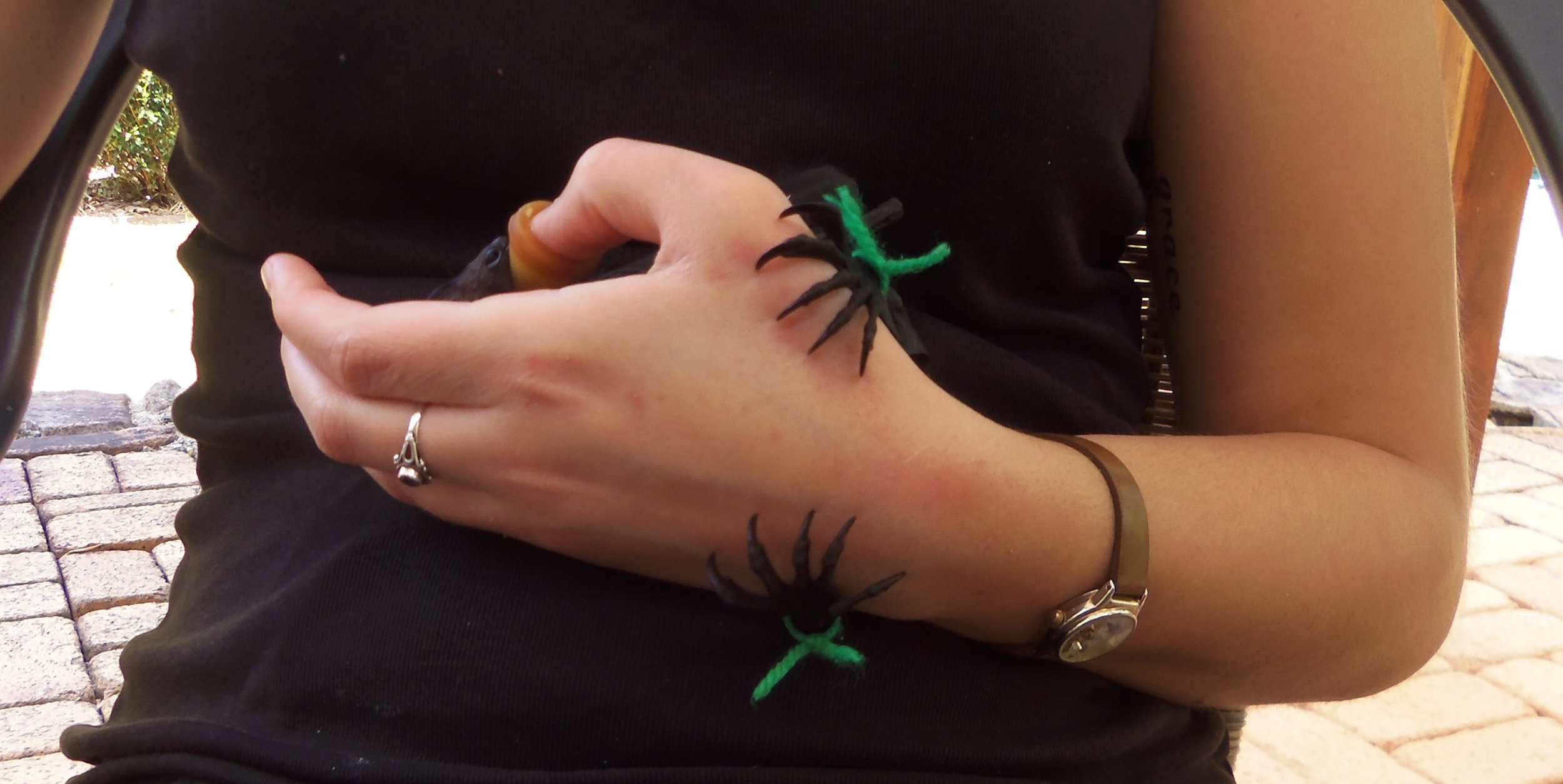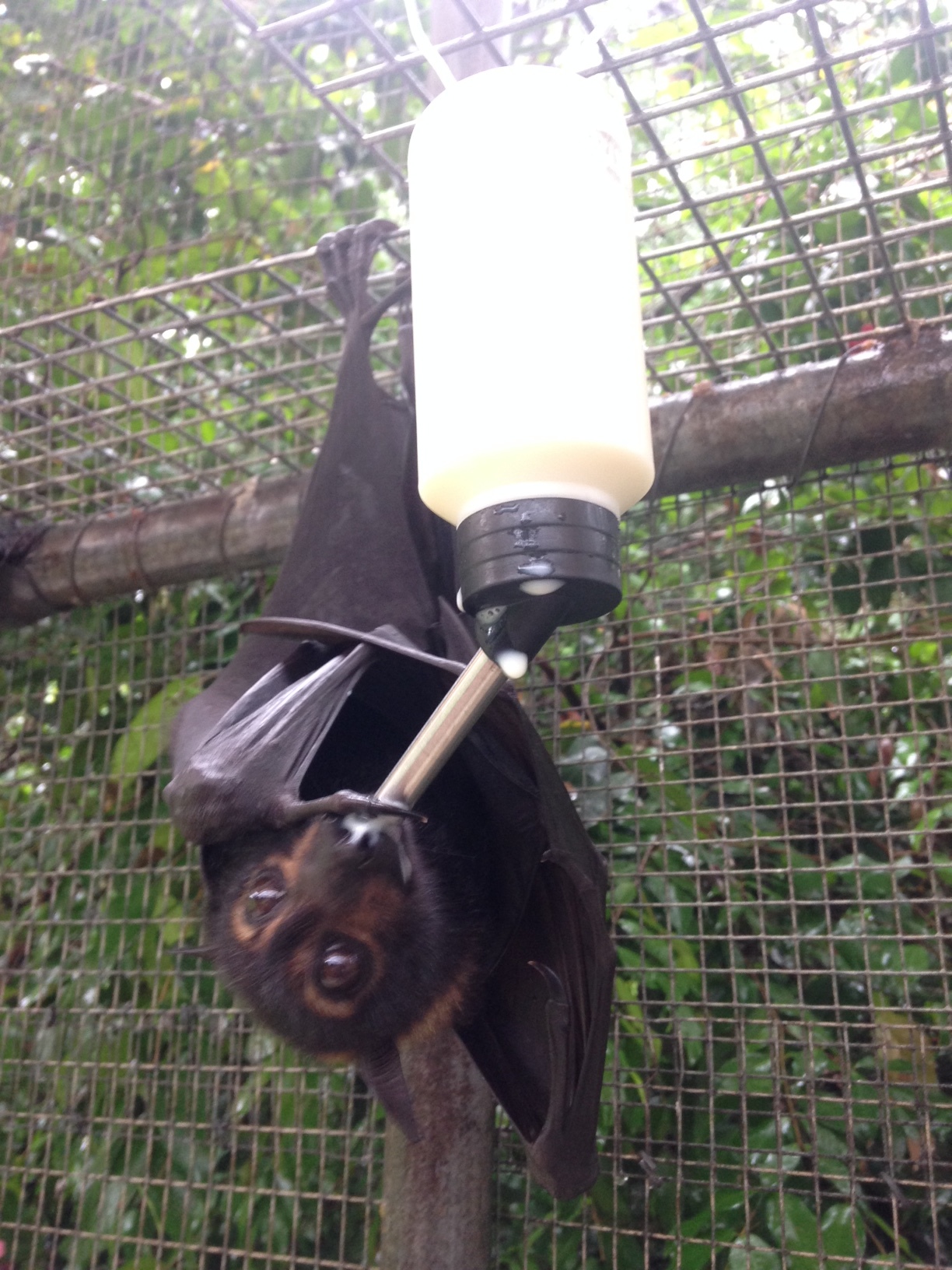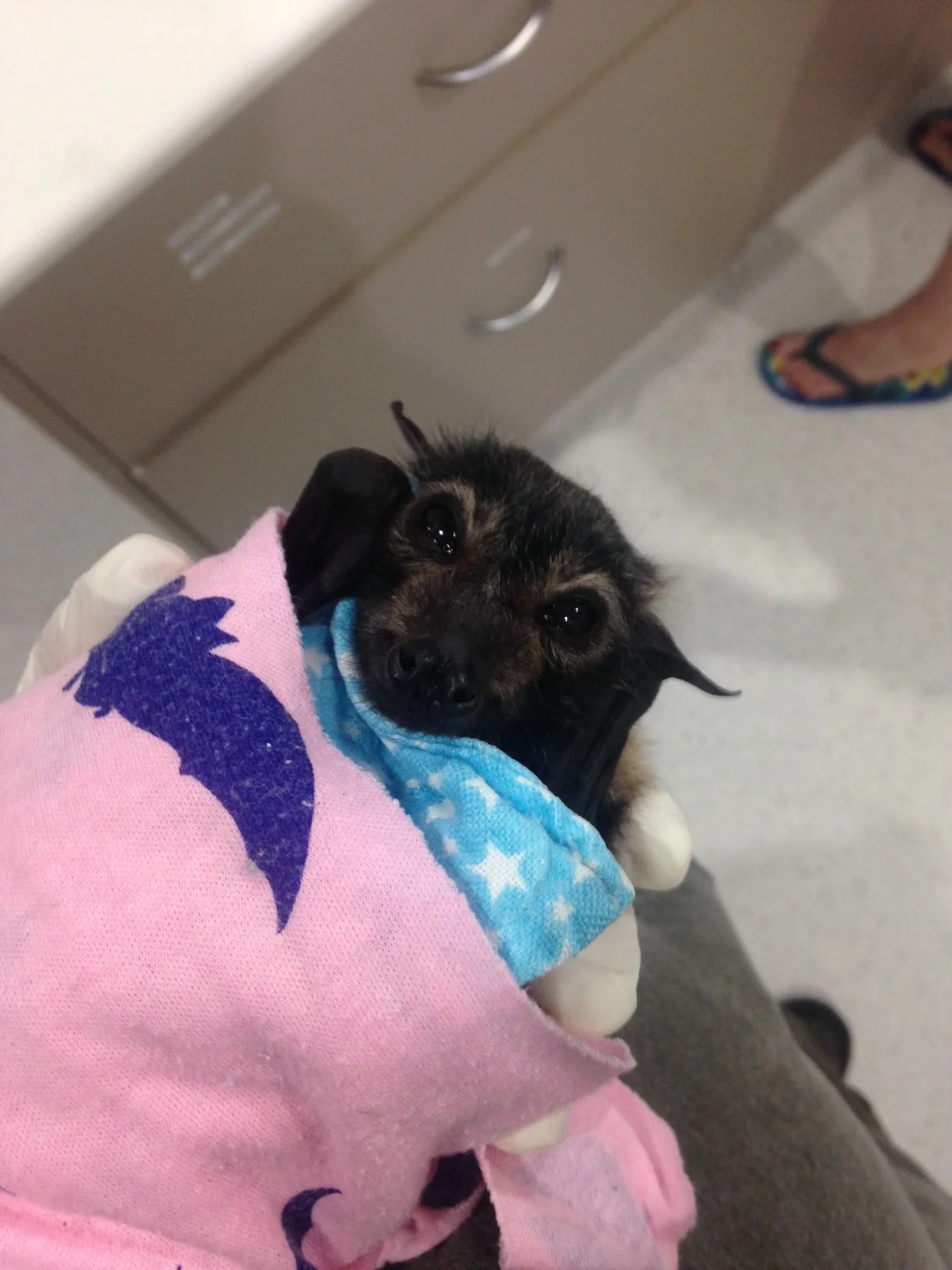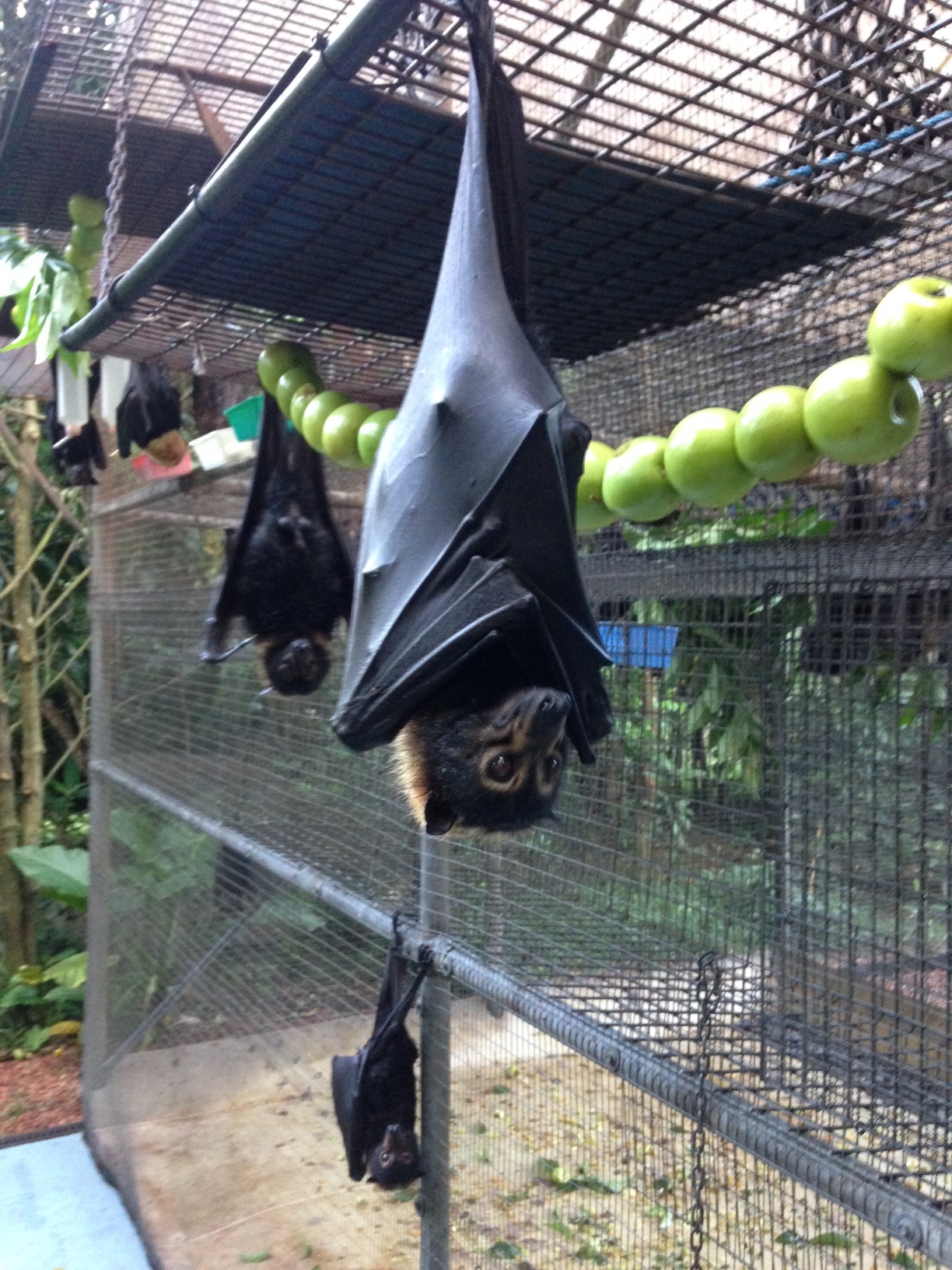Bats play a vital role in keeping our ecosystems in good health. They pollinate flowers and disperse seeds as they forage on nectar and pollen. Insect-eating bats help control many pest insects, such as mosquitoes, flying termites and lawn grub moths. Scientists have even stated that these bats are important to ensuring the survival of the Australian rainforests. Unfortunately bat populations are suffering devastating population declines. Bats have long been the victims of negative public opinion. This, coupled with loss of habitat, is the root cause of many problems facing their conservation.
Our partner organization is located in northern Queensland, in the spectacularly scenic Atherton Tablelands. Here they rescue, rehabilitate and release several species of native Australian bats. The hospital dedicates its efforts to rescuing sick, injured and orphaned bats and treats four species of Australian flying-foxes, including Spectacled Flying-foxes and Little Red Flying-foxes, Tube-Nosed Fruit bats, and even a few microbats such as such as Nyctophilus and Freetail bats. Common problems seen at the centre include tick paralysis, injuries from entanglement in barbed wire fencing, and orphaned bat pups. The best time of year to volunteer is from October to February when hundreds of flying-foxes with tick paralysis come into care and up to 500 orphans are being reared. World class facilities house the bats, and a handful of permanent resident flying-foxes act as ambassadors for the educational program. This organization believes that education is the best solution to improve the public attitudes towards bats, and flying-foxes in particular, and offers educational programs through their visitor centre.
Volunteer Activities
Hanging out with flying foxes!
Volunteers help with all aspects of care for the bat patients. This includes cleaning cages and enclosures, helping with laundry, preparing diets and formula, feeding weaned bats, weighing and measuring the orphans, hand-feeding nursing babies, general upkeep and maintenance of the hospital, unloading donated fruit, preparing and freezing banana smoothies in bulk, and assisting with trips to the rainforest to rescue or release bats.
During the busy season (October to March) the only time this centre accepts volunteers, you are expected to help out 6 days a week.
Volunteers typically work 10 hours per day (sometimes longer) helping to run the centre and hand-feed the baby bats. During peak times, there can be more than 200 bat pups in care! When it is this busy, volunteers work in two shifts. The early shift starts by 6 am and the late shift ends about 11 pm. This ensures the babies are fed throughout the day. Volunteers never work alone and are always under the guidance of other staff or volunteers.
If you would like a day off you will need to make arrangements with the volunteer coordinator at the centre. Every effort is made to give long-term volunteers a break for a few days during their stay.
Accommodation
Volunteers stay right on site at the Bat Hospital. Luxury tent gazebos dot the grounds, and volunteers have their own private tent during their stay. These tents have electrical power, a single bed, shelving, table and chair. Luxury camping in the Australian tropics! The bathroom facilities, common room, kitchen, dining room and laundry facilities are shared by everyone and are located in the main house. Meals are included, and the food is provided by the centre. Volunteers generally take turns making the meals for everyone and all people pitch in to clean up the kitchen and dining area. There is free wifi available for you to use.
Safety
Do you have questions about safety? We have answers right here!
Includes
Airport pick up and drop off (at the closest airport), accommodation, meals, on-site training, donation to Placement Partner, AEI Travel Manual, emergency support while at placement, carbon credits to offset 3 tonnes of greenhouse gas emissions, premium Individual Travel Insurance (up to $500, 000 USD in emergency medical coverage), travel discounts (through automatic membership to a volunteer only travel discount program), 24/7 travel and emergency assistance, enrolment with the Global Travel Academy to earn a certificate in International Volunteering. This 3-hour online course is curated by travel professionals and is designed to help you get the most out of your adventure.
Excludes
Flights, entry visa costs, international and domestic airport taxes, immunizations and medications.. Note: The rabies vaccine is required for this Experience, the average cost is $600- $1000 in North America.
casa de volunteers


What is Serious
Action is needed now to rescue and rehabilitate bats and to educate the public on their value and the need for conservation efforts. By helping our partner in Australia, you are joining forces with an award winning organization on the fore-front of bat conservation. The bat hospital provides wildlife care, education of the public, advocacy and bat research. They form partnerships within the community and negotiate habitat protection at the local level. As a volunteer you will experience all aspects of bat rehabilitation. You will learn how to hand-raise baby
bats and understand what is involved in their eventual release back into the wild. During the busy season you will work with hundreds of bats in all aspects of their care, and become familiar with the issues surrounding bat conservation in Australia. If you are interested in working with bats in the future – or becoming a voice for public education – this is your perfect opportunity.
What is Fun
There is nothing more adorable than a flying-fox pup swaddled in a blanket, awaiting its next bottle feeding. Your heart strings will be constantly tugged on, as you care for these tiny orphaned creatures with their big brown eyes. There is something special in knowing that you are keeping them alive, and offering them the chance to grow up and be released into the wild. In knowing that you are making a difference for each pup you care for.
This is a bustling hospital, and you will be kept busy. But you will be working side by side with many other international volunteers, and forming friendships and memories that will last long after you finish your volunteer work. Volunteers cook and dine together and in the evenings you can spend time in the common room with your new friends, or relax in your gazebo. The bat hospital is located in the tropical tablelands and you will be able to enjoy the view of the jungle while working with the bats and living right on the grounds. You will fall in love with Australia and the bats that you will be helping!
Dates and Details
Volunteers are needed during the hospital’s “busy season” which begins in October and extends through to February. The busiest months are November to January. Placements may be possible during the off season in special circumstances. This placement can start any day of the week. Commitments of 4 weeks are appreciated during the busy season.This is an ongoing program with operations every day of the year. There are no specific start or end dates. We work with you and your schedule so you can serve this community and help animals when you are available. Placements start on weekdays and volunteers are asked to arrive on the day they start their experience.
Fundraising
Are you thinking of fundraising for a portion, or all your fees? Many of our clients have been very successful with their fundraising efforts. To learn more about their successful fundraising projects and see how you can fund raise for your experience, please visit our fundraising page!
“As we were in the off season there were not hundreds of babies to rear, but we were lucky enough to have three baby little reds to help raise. My friend and I each selected a baby to take care of. We learned that baby bats can develop a bond with their caretaker which was why it was important for us to have a designated bat. In the busy season since there are so many baby bats it is impossible for people to have designated bats to take care of, so we had the unique opportunity to develop a bond with the little red we selected. I greatly enjoyed watching my little red grow physically and develop her personality. ”



